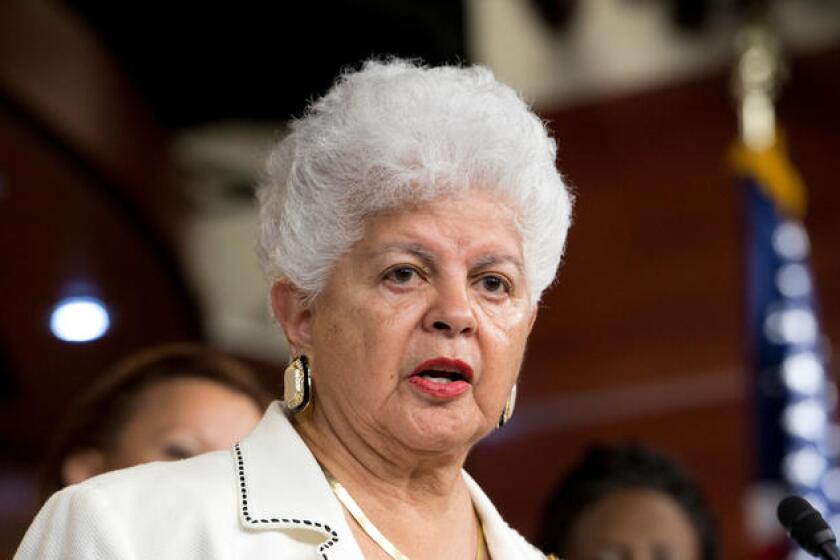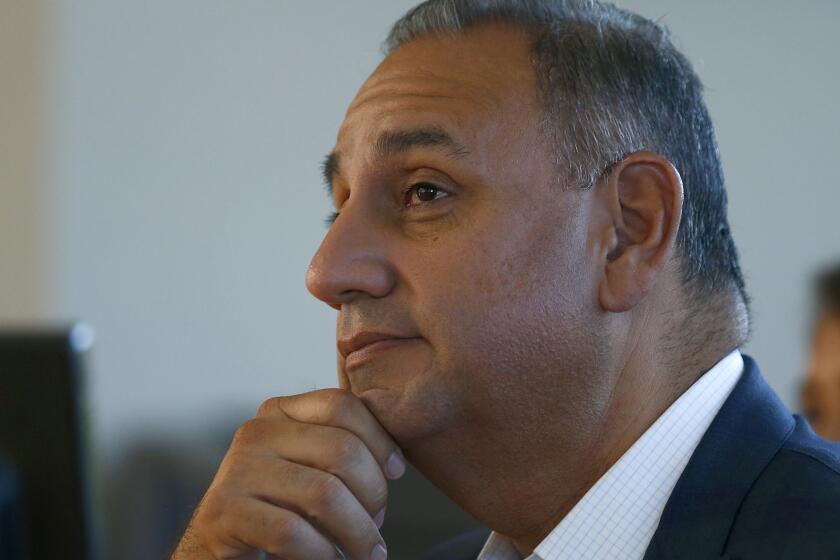A recent survey from the Public Policy Institute of California showed 2 in 3 Californians expect bad times financially during the next 12 months. We asked the candidates to discuss, in written form, what legislative actions they would support to help improve affordability for middle- and low-income Californians.
Archuleta said that he supports “partially repealing the tax provisions of the 2017 Tax Cuts and Jobs Act” — the Trump-era tax bill that generally favored the wealthy and corporations. “It is essential to carefully assess and target the specific tax provisions in the act. I would vote to repeal provisions that disproportionately benefit the wealthy while upholding those that support the middle class.”
Lutz said that “even though the economy is doing better, the costs of housing, groceries, and other staples have increased more than wages or the economy. Increasing the standard tax deductions for everyone making less than $100,000 would offset these expenses for the working family.”
Rubio said her priority is to “help working families,” which would mean “to focus on reducing the cost of living and tackle housing and homelessness. As senator, I created the largest housing trust in the state. As a member of Congress, I want to build on that work and help spur housing and homeownership in my communities.”
Hafif said he would pursue “legislation to stop and penalize corporate price-[gouging], especially by Big Oil, insurance and pharmaceutical companies. Legislation that supports a fair livable wage for [an] honest day’s work for all workers. Legislation that protects our [seniors’] Social Security and Medicare and drug pricing.”
Cisneros said that “too many families in the 31st District can’t keep up with the increased costs of housing, groceries, gas, and the overall cost of living. In Congress, I will fight for equal pay for working women, raise the federal minimum wage, lower prescription drug prices, and protect Social Security.”
Martinez said he would work to “redirect the [$100 billion] we’ve squandered in Ukraine towards improving ... education and healthcare services offered in our local communities. Our neighborhoods have seen an explosion in the homeless population and there is a significant need to rapidly expand live-in mental health facilities.”
Manvel said she would “repeal the gas tax. Balance the budget and help those in need with a stimulus program.”




























